Back
Mohammad Asaad Sayed
My mind to me a king... • 1y
MailChimp’s Bootstrapping Journey: From Garage to $12B 🚀 The Problem:In 2001, Ben Chestnut and Dan Kurzius started MailChimp as a side project. No VC funding, just a small web design agency struggling to meet client demands for email newsletters. The Action: Bootstrapped Growth : Reinvested profits into product development. Focus on SMBs : Targeted small businesses ignored by enterprise-focused tools. Freemium Model : Launched free tier in 2009 → exploded user base from 85k to 450k in 2 years. Customer Obsession : Built features based on user feedback (e.g., drag-and-drop editor). The Results: -12M+ users globally by 2021. -$800M ARR with $1.3B EBITDA. -Acquired by Intuit for $12B—proof of bootstrapping success. Why It Worked: Lean Operations : No debt, no investors → full control. Scalable Pricing : Free → paid funnel worked wonders. Brand Loyalty : Playful tone + mascot (Freddie) = memorable. Key Takeaways: -Bootstrapping forces discipline but rewards patience. -Freemium can build trust and scale rapidly. -Solve real pain points, even if niche. Normie Error: Chasing VC money instead of proving the model first. Your Move: Audit your startup. Can you bootstrap smarter?
Replies (1)
More like this
Recommendations from Medial
Vikas Acharya
Building Reviv | Ent... • 1y
Do You Really Need Investors? Maybe Not! Fundraising vs. Bootstrapping – What’s Right for You? Bootstrapping (Pros & Cons) ✅ Full control ✅ No pressure from investors ❌ Slower growth Example: Mailchimp, Zoho, Basecamp – all built without investors
See MoreVivek Joshi
Director & CEO @ Exc... • 8m
Rejected by a VC? Good. Here’s Why. Every “no” from a VC isn’t the end—it’s redirection. The best founders use rejection as fuel. Here’s how: Ask for Feedback – A “no” with insight is a hidden win. Refine Your Pitch – It’s not just your idea, it’s
See More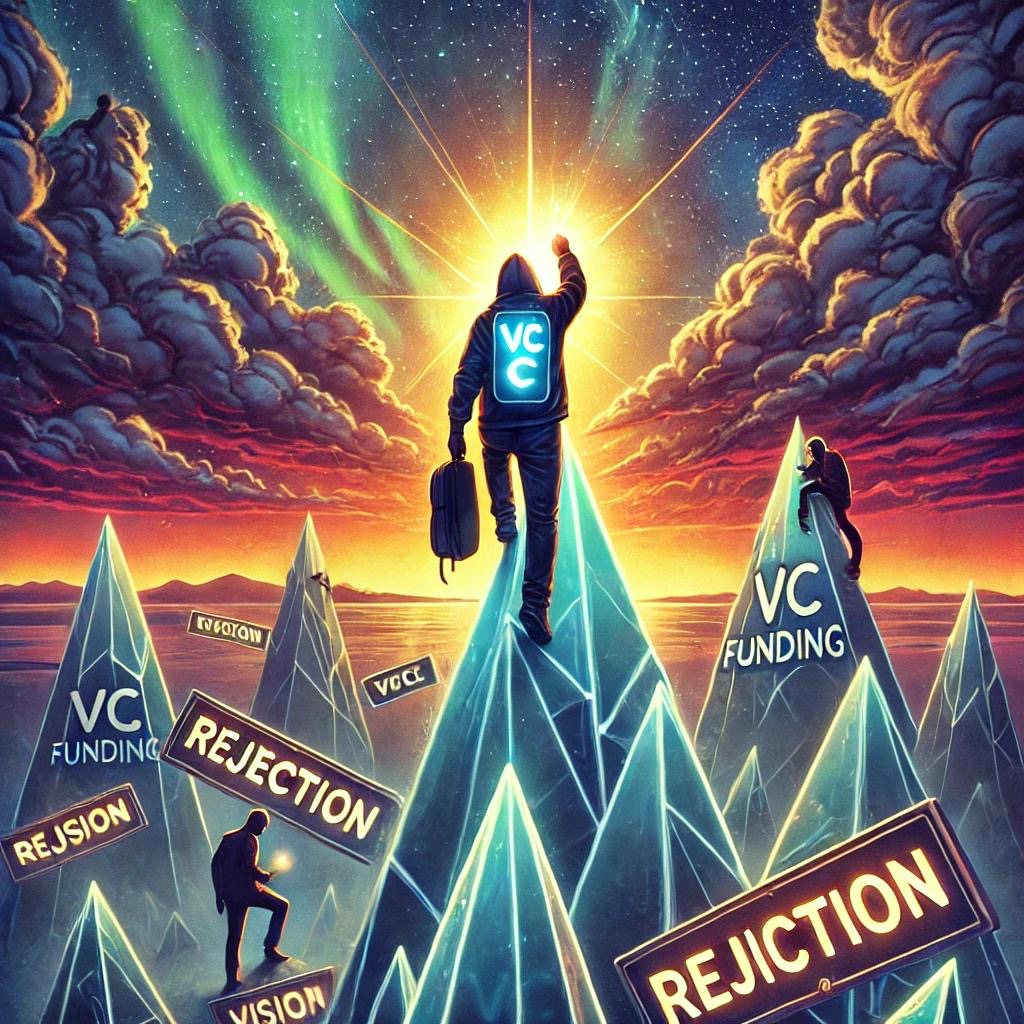
Sairaj Kadam
Student & Financial ... • 1y
Exploring the Easiest and Least Risky Funding Method for Startups When you're launching a startup, finding the right funding can be a daunting task. With so many options available, it’s crucial to choose a method that aligns with your business's nee
See MoreAccount Deleted
Hey I am on Medial • 1y
7 Costliest mistakes that firat time founders make Startups are inherently risky, so it's crucial to chase asymmetric risks—maximizing upside while minimizing downside. Many first-time founders make costly mistakes that can be avoided. Here are the
See More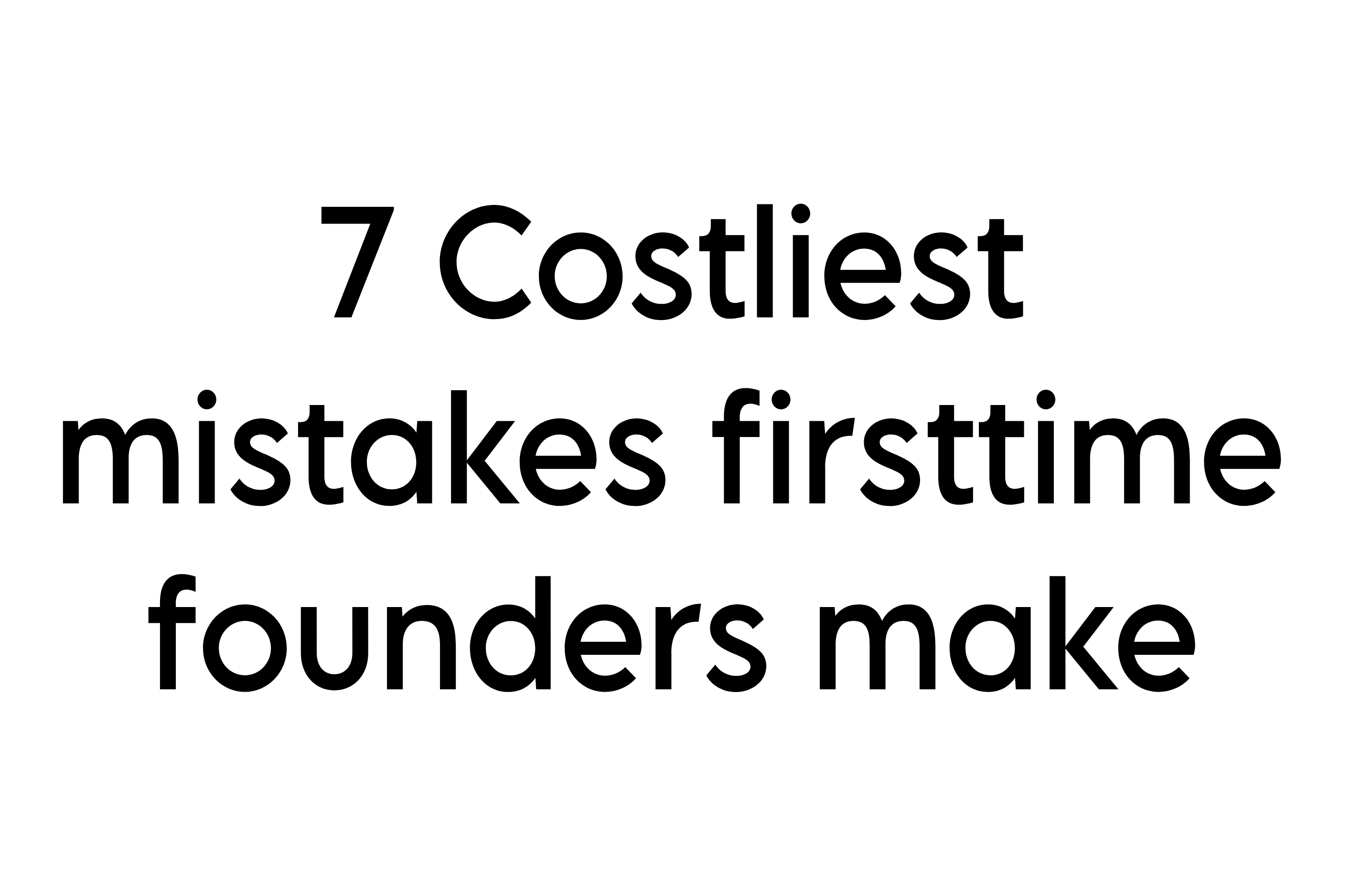
Download the medial app to read full posts, comements and news.






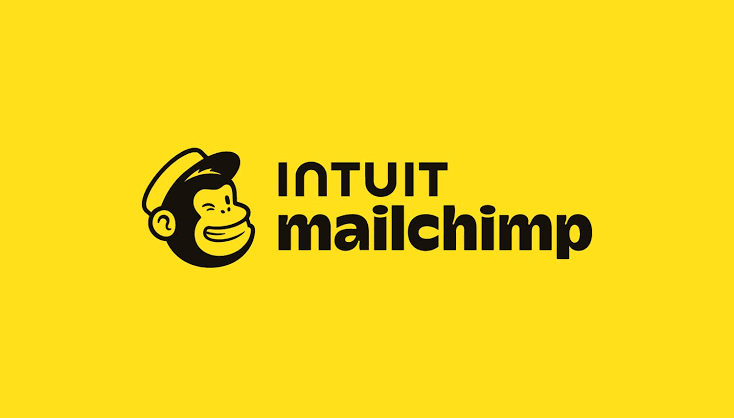







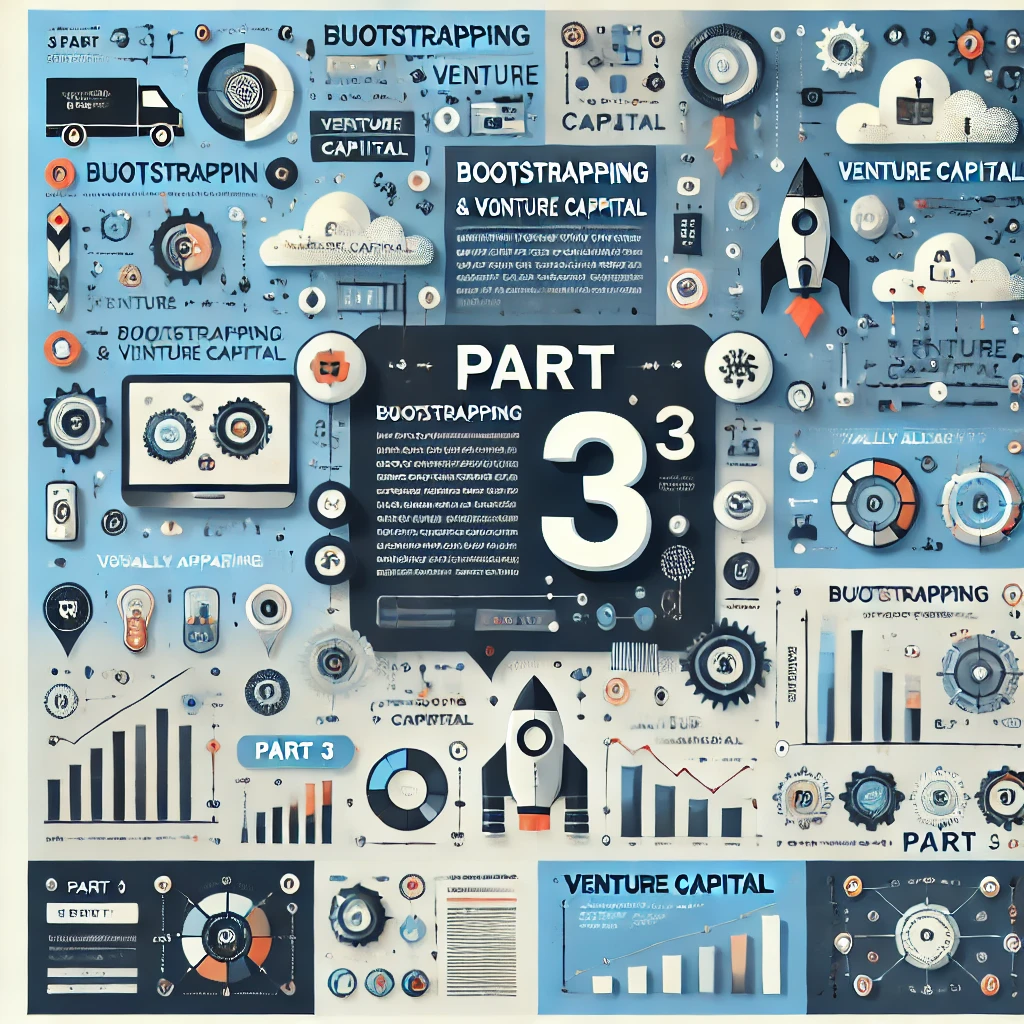


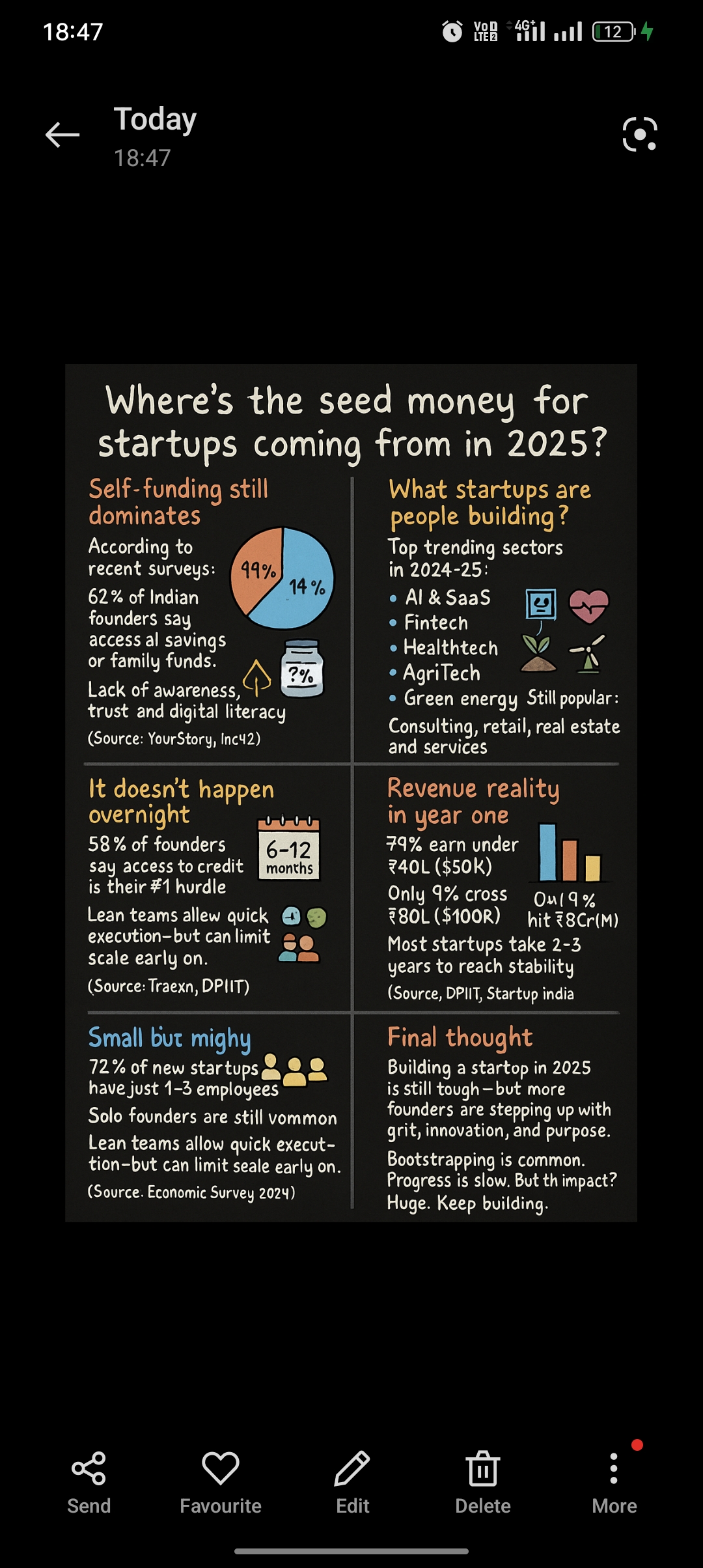


/entrackr/media/post_attachments/wp-content/uploads/2021/08/Accel-1.jpg)



















